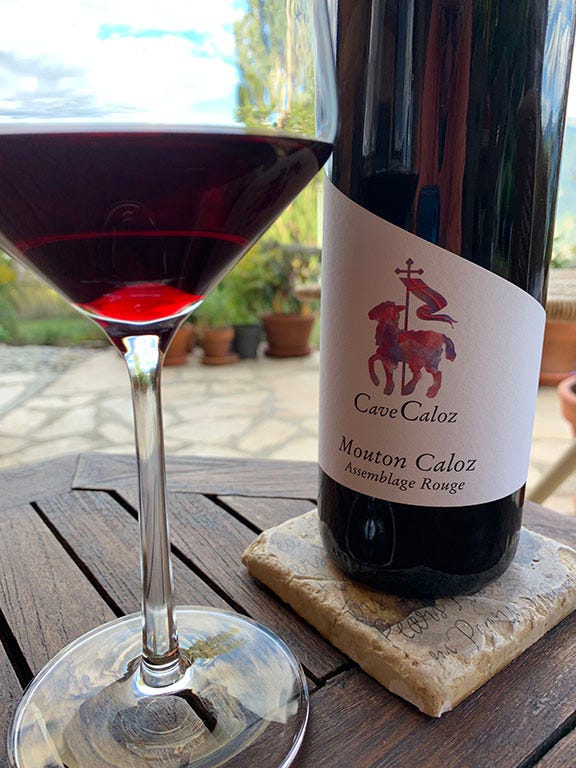Why hike like the Swiss
What’s your answer if someone asks you what the Swiss national sport is — tennis? skiing? Try again: it’s hiking, which goes some way towards explaining why so few people in this land of chocolate, cheese and wine (with the world’s fourth largest annual consumption, 33 litres per capita) are overweight.

Hiking is a huge tourist attraction, but of the 2.4 million annual hikers, nearly 2 m or 82% are Swiss: in total the Swiss hike more than 39 million days a year, logging 20 days a year on average (stats from 2008 federal research, the latest available). Covid appears to have increased this, if anything. Officially, there are three types of hikes based on degree of difficulty, so there’s something for everyone: hiking trails, mountain trails, alpine trails.

It’s in the Constitution, folks
Switzerland is the only country in the world that has a constitutional article, no. 88, according to the 2008 study. The Constitution guarantees a nationwide network of quality hiking and cycling trails accessible to all. The cantons are responsible for carrying out this task. SwissRando, created in 1934, is the umbrella organization for the country’s trails system. It is a goldmine of information in German, French and Italian.
Today the Swiss have more than 66,000 km of marked, groomed trails, almost entirely free, maintained by an army of 1,500 volunteers, all of it accessible by public transport. Wine-lovers, note: I am not talking about vineyard walks, pleasant as they are. Longer official trails offer plenty of scope to view vineyards from near and far and learn how they fit into the larger Swiss wine landscape, (Wine Hiking Switzerland, explore the landscape of Swiss wine, Ellen Wallace, publisher Helvetiq, publication date 6 September 2022).

95% of the population on the trails
What’s even more startling is that the trails are used by 95% of the population. The figures for the impact on health and mental health are hard to measure, but no one doubts there are benefits, not least to keeping the country’s medical costs down.
Trails that feed the mind, too
Fitness and health aside, a major incentive to hike in Switzerland is simply beauty: it’s all around you, no matter what trail you take. Forest, lakes, rivers, mountains, villages, even city trails. Increasingly, paths provide information panels — one of my favourites for this is the collection of Valais bisses, or ancient irrigation channels. The canton has mapped 188 bisses that are at least 1 km long and still used to supply drinking and irrigation water for crops and vineyards. They head down from glacier-fed rivers at a gradient of 1–3%, so with long sections that are not steep, they make perfect trails. They cut through forests, providing shade for hikers.



Earlier in 2022 Valais and three other cantons joined forces with six European countries to ask Unesco to recognize their traditional irrigation systems.
The question isn’t really, why hike like the Swiss, but why on Earth not, if you’re in Switzerland? Lace up those boots and head where the action is!

